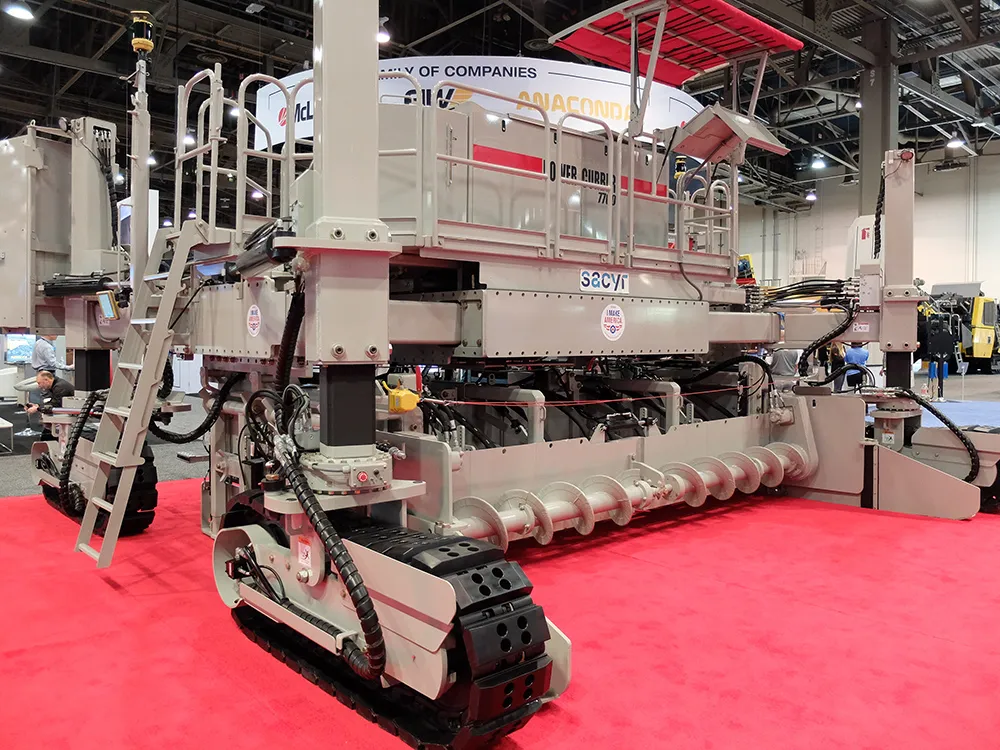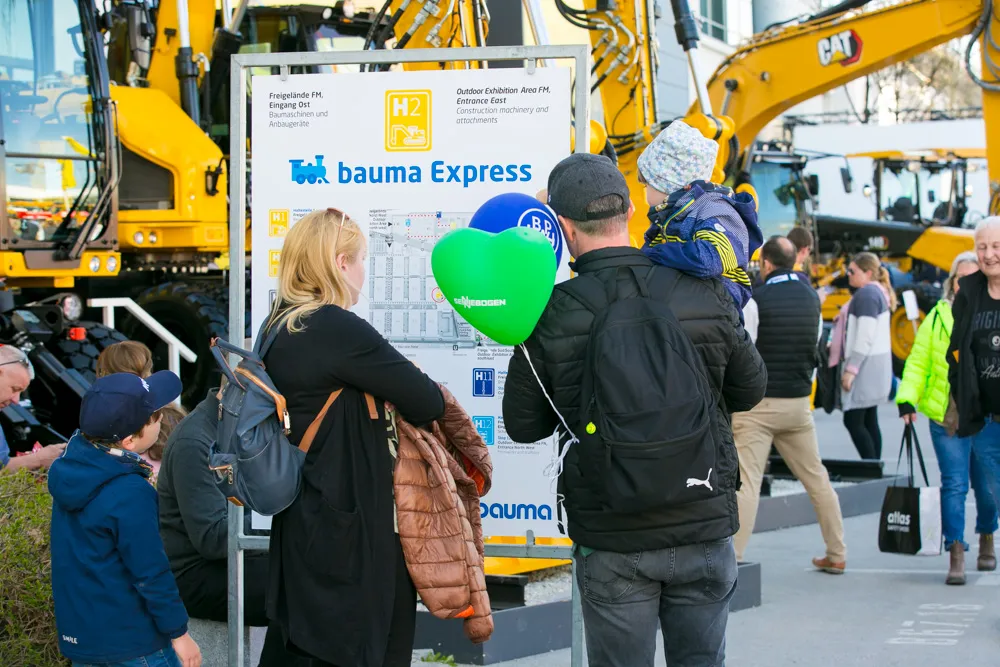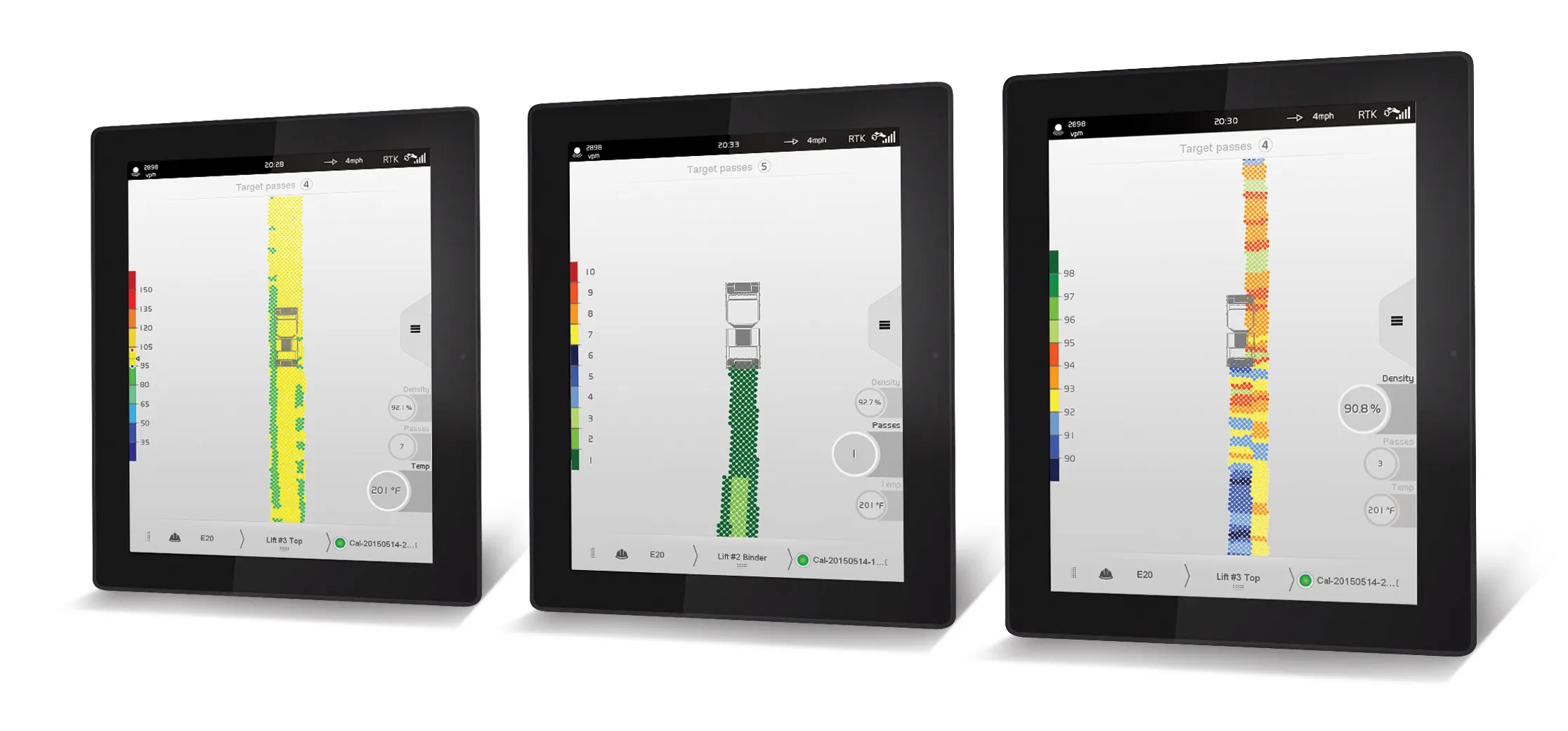
The market for concrete slipforming machines is highly specialised, a niche segment amongst construction equipment. But despite its small size, business levels in this sector reflect strongly on the health of the construction market as a whole. First developed in the US, the concrete slipformer sells strongly in its home market as well as further afield.
The US administration has managed to find some funding for transport infrastructure works. But Federal spending on emergency road/bridge projects remains limited. According to Stephen Bullock, president of Power Curbers, “In spite of the IIJA legislation nearly two years ago, little of the funding has reached jobsites. With construction costs up in the neighbourhood of 50% since it’s passage, we’re not sure how many of the intended construction projects will see funding.”
Bullock explained that demand for concrete slipformers remains consistent in the US however and said, “In spite of interest rate hikes, inflation, and talk of a recession the US market has been resilient. We continue to manage a nice backlog and see and hear a lot of optimism from our domestic customers.”
The export sector is a key business for the firm also and Bullock commented, “Many international markets are still recovering from the effects of the pandemic, war, energy prices and inflation and we have felt that. There is no one region with great demand right now but we are getting orders from a mix of places – the Mideast, SE Asia, Latin America, and Europe.”
The firm has had considerable success with its 5700, which has been the mainstay of the Power Curbers range for many years. Adaptability is a key factor in its popularity. Bullock commented, “Much of the reason the 5700 series is the number one selling slipform machine in the world is due to its versatility. It began as a kerb and gutter machine and with our customers’ prompting, we’ve expanded it to sidewalk, ditches, barrier wall up to 8’ tall, and paving to 14’ wide. With each project we ask if we’ve hit its limits but the creativity of our customers keeps pushing us. I honestly don’t know what else we can add to its range.”
The larger end of the concrete slipforming segment has benefited from the widespread use of 3D technology and these systems are now being used by smaller firms on more compact units also. Bullock said, “Of machines sold in the past couple of years domestically nearly 50% are opting for stringless controls. The vast majority of machines are ordered stringless ready, even if the contractor isn’t ready to bite off stringless control yet. They see it around the corner and want to be ready.”
Technology is changing the face of construction and Bullock continued, “Without a doubt stringless control has been the story in the industry over the past decade. Telematics usage is slowly gaining traction and will continue to grow in the next few years. We’re all in the early stages of alternative power but I expect we’ll see a gradual shift in that direction in the coming years as well.”
The use of technology will help address the shortage of labour for the construction sector. He said, “I’ve had more than one customer tell me that they don’t want to go to stringless controls but they don’t have any other choice as they can’t find labourers to ‘pound pins’ any longer. The industry’s offering of 3D/GPS controls is the biggest solution to date. Beyond that we are constantly making incremental improvements to the machine to not only save labour but to make it operator and crew friendly. Making the machine easy and comfortable to operate helps address the labour issue. The US has a labour shortage that is not going to get better. Immigration reform seems to me to be the opportunity to address it, not only for manufacturers, but for contractors as well.”
At present, the only credible slipformers on the market are either made in the US or Europe but Bullock commented that the firm continues to monitor developments, “Naturally we keep an eye on any potential threat to our business. Fortunately product support, troubleshooting and concrete expertise are critical elements in our industry, therefore startups are many years from having the knowledge to compete. The financial hit from just a few days’ lost production can wipe out the front-end savings of a “bargain” machine.”









